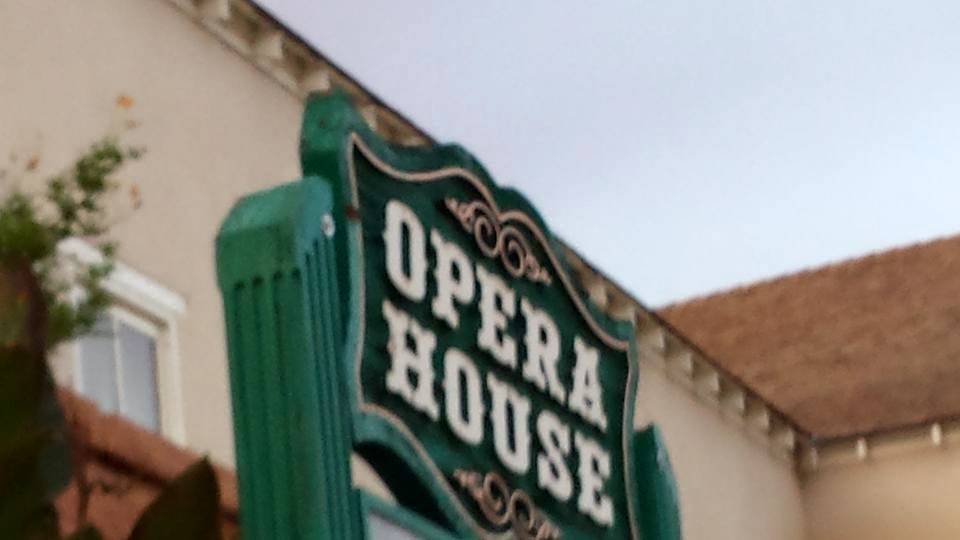The Homer Opera House, located at 100 N. Main St., has a varied history. Originally built in 1902, the building has been used as a theatre for local and traveling performers, a dry goods store, a bank, a bowling alley, a high school, an office space, and more. Most recently, it was acquired by the Creative Dramatics Workshop (CDW), a community theater organization that has been staging productions in Sidney since 1996. The CDW hopes to restore the Homer Opera House to its former glory aand will begin staging productions there this fall.
I spoke with Bob Picklesimer, the Creative Director of the CDW, about their new space.
———
Smile Politely: Tell me more about the history of the Homer Opera House.
Bob Picklesimer: When it was first built, the upstairs portion of the Homer Opera House served as a theater a number of years. The downstairs was a dry goods store and then later a bank; at one time, there was a bowling alley in the basement, as we discovered during our renovation process.
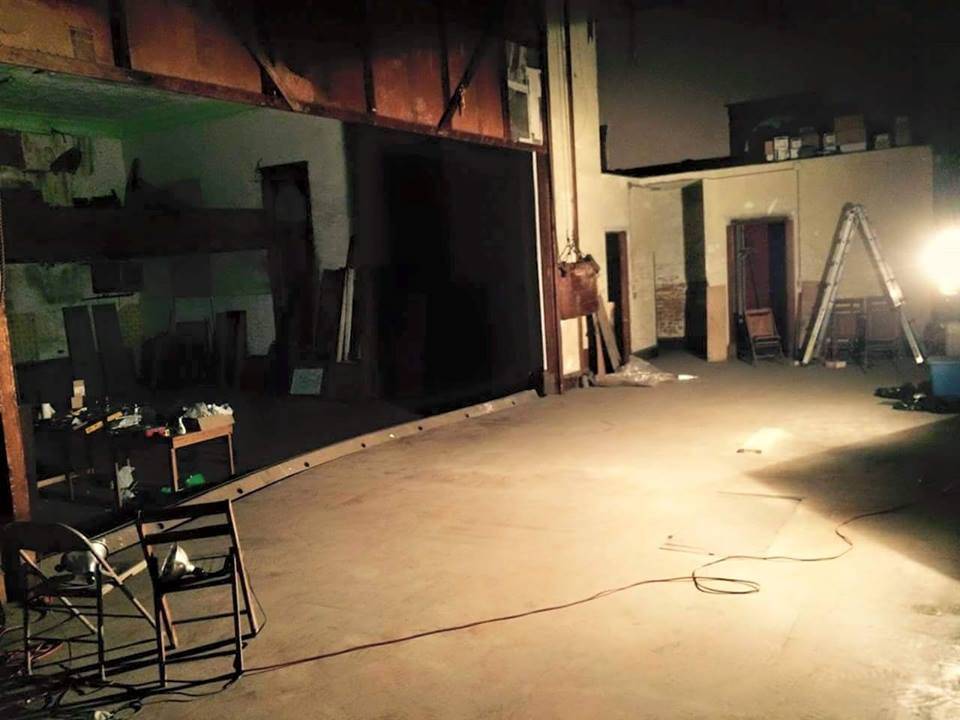
Until 1928, Homer High School made use of the upstairs space. Students actually played basketball in the auditorium. In 1953, the building was sold to a local grocery store, which operated there for a number of years. In 1971, it was sold again, this time to the Village of Homer, which bought it for $10. The Village renovated some of the ground floor space, and it held all the Homer Village offices, including the local police station and the Homer Library.
In the meantime, the upstairs space continued to be used for shows. From 1977 to 1991, Parkland College staged plays in the Homer Opera House; the theatre was also used for high school graduations, high school plays, and touring performances. In 2005, the Homer Village Offices moved to a newer building and sold the Homer Opera House to a private owner. For a time, he considered gutting the inside of the building and opening a restaurant there, but fortunately, the Creative Dramatics Workshop was able to acquire it instead.
SP: What has the renovation process been like so far?
Picklesimer: The upstairs theater itself is in very good shape. Nothing much was changed about the space because it wasn’t used consistently for a number of years. For example, there is already a little ticket booth built into the facility. Some of our volunteers work with local music groups, and they have tested the sound. What they’ve found is that acoustically, you can’t find a better space in C-U than the Homer Opera House. It was built for large-scale musical productions, so you wouldn’t believe how incredible the sound quality is. The wood resonates brilliantly.
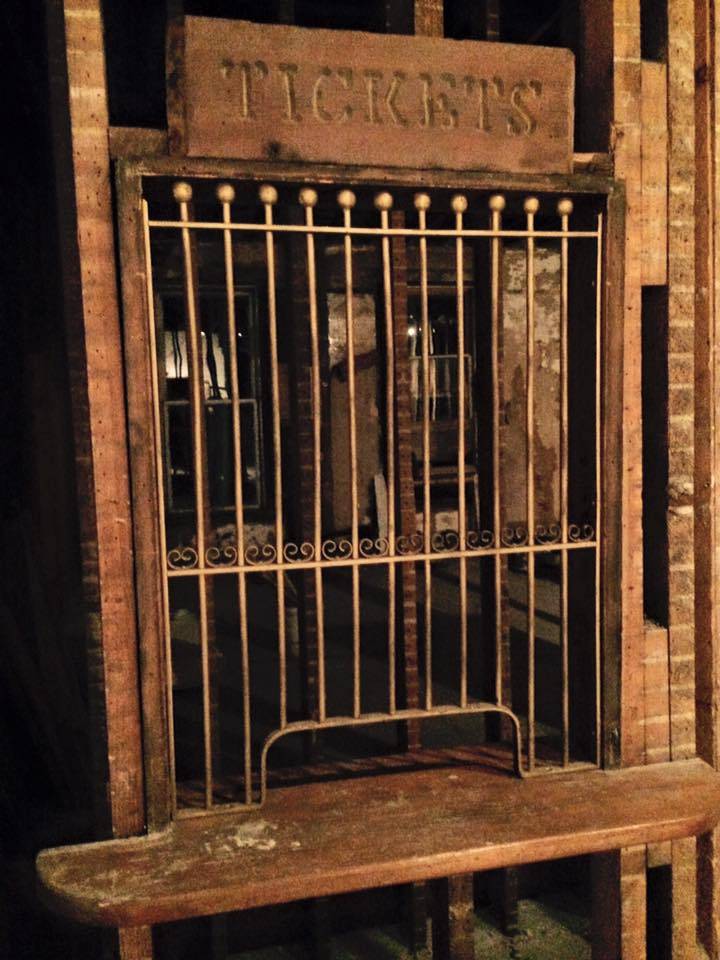
We’re doing renovation in stages because we don’t have enough money to do everything. We’re prioritizing the bare necessities. We’re putting in bathrooms, electricity, and stage lighting. We’ll also have furnaces installed by the fall. Some of the surface work — drywall and wall repair — we’re going to do as we get the resources.
The downstairs is very bare bones currently, but we envision that someday it will become an art mall or antiques mall.
SP: What discoveries have you made through the renovation process?
Picklesimer: One amazing thing that we discovered is that people have been signing their names on the walls of the Homer Opera House since 1902. We discovered literally hundreds of names as we began removing the wallpaper. Many people would sign their name, the name of the production they played in, and add the date, so we have a very interesting historical record of how the space has been used. Many of the names belong to traveling performers; others are well known last names from the Champaign-Urbana area.
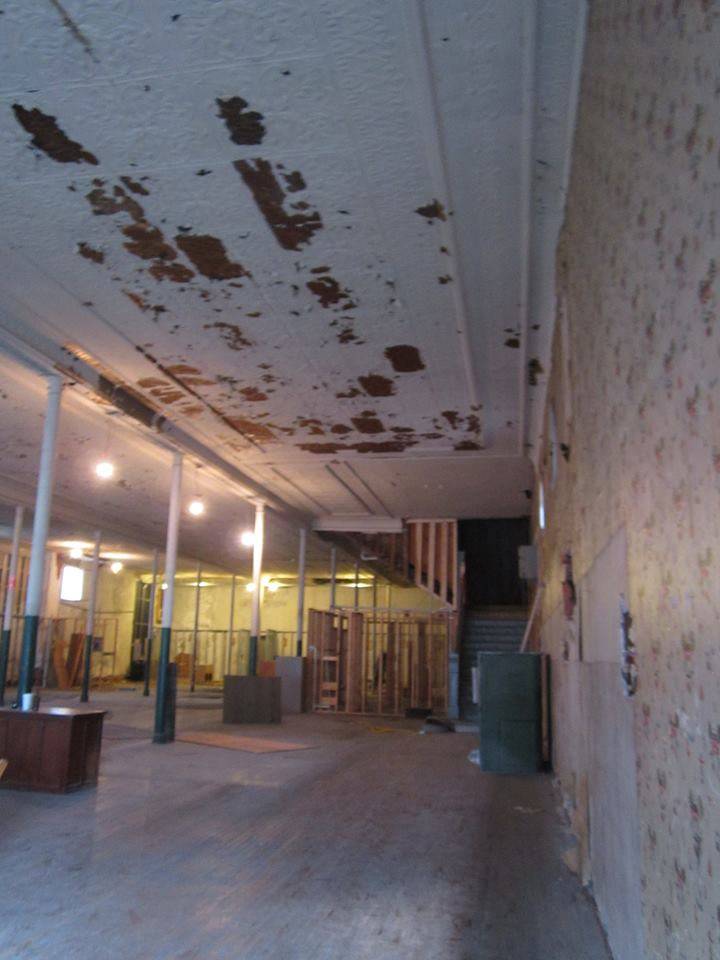
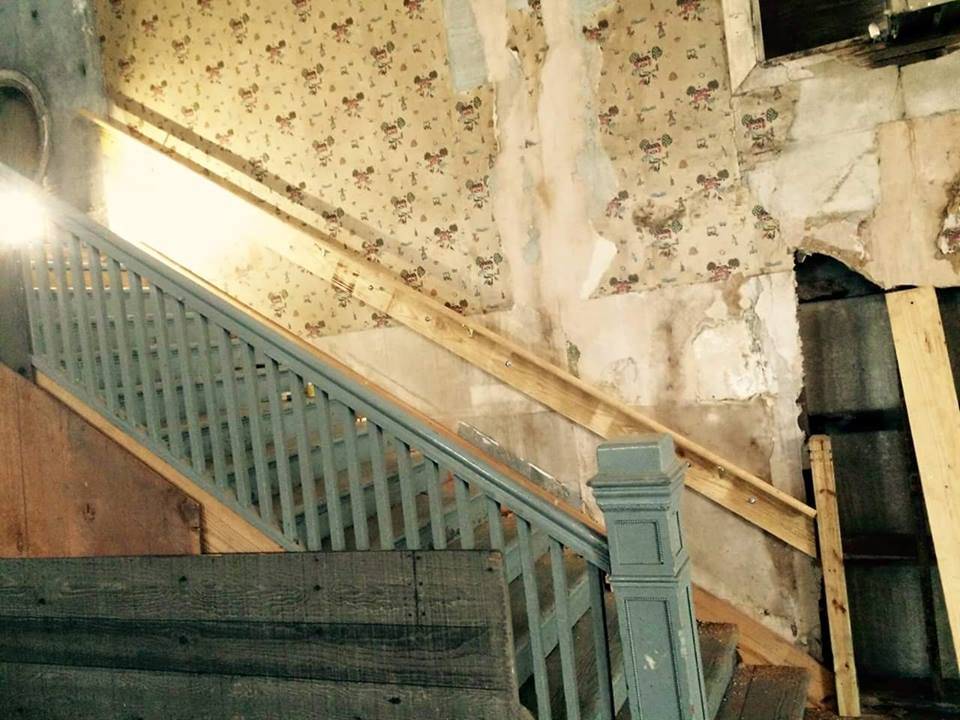
SP: Once the renovations are complete, how will the space be used?
Picklesimer: First of all, this is an ongoing process. The Homer Opera House won’t be fully restored for a couple years yet. But in the meantime, we’ll begin performing plays. The CDW staged over 100 plays at our old facility in Sidney. Two-thirds of those productions were designed for kids, but we also did about twenty Shakespeare plays and many modern standards. I have an advanced degree in theater with a focus on lighting and directing, so I’m able to do the things that need to be done to make a theater company succeed. The CDW is going to expand its scope in Homer. In October, we’ll have our first open auditions. In November and December, we’re going to perform an adaptation of Little House on the Prairie. This adaptation, which someone wrote for us a few years ago, uses thirty kids. In Homer, we’re going to put on plays about twenty weekends a year, most of them kids’ shows.
We’re going to rent the space out for musical performances or other purposes on the other weekends. We’re going to have a music festival in the space on October 10. It will be a fundraiser to help with the development of the space and also so groups can see what it’s like to perform there. We will also rent the space out to other theater companies. As we get more developed, we hope to host wedding receptions, private parties, and other events. There’s also an area upstairs that we’re working with a couple dance groups to use as a dance studio.
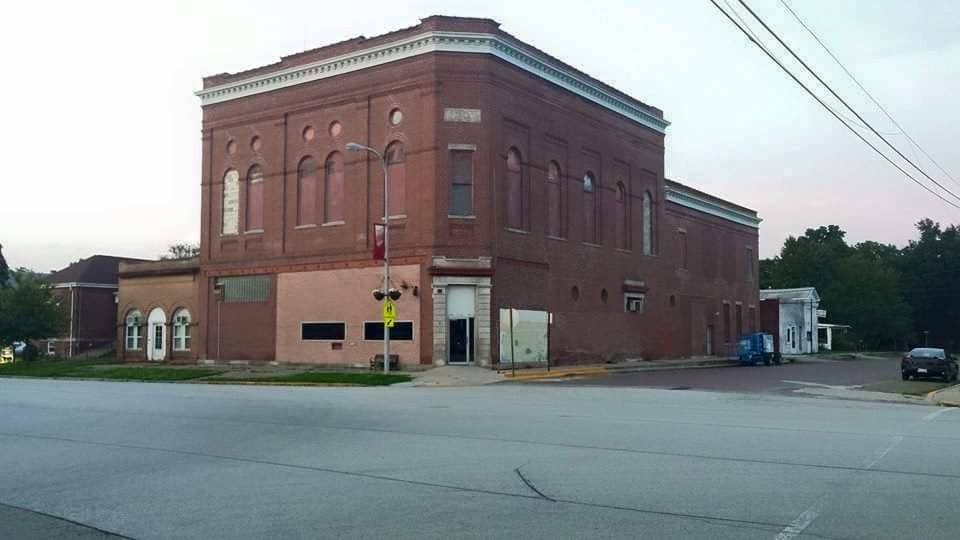
We’re going to be able to go through this transition because we already have three major assets. First, the CDW is already an established company, with roughly 100-150 people who have participated in our shows. I’m also an asset: I have an advanced degree in theater and know what I’m doing. And now we have the Homer Opera House, which is ideal for our purpose. Our old theater in Sidney was in a small church that was off the beaten path. People would drive by and not even realize it was a theatre. You had to have directions to find it, even in a small town like Sidney. In Homer, we now have a real theater. It’s the biggest building in Homer, and it’s in the center of town. The potentialities are incredible. Every theater company in C-U will envy us.
To contribute to the Homer Opera House’s renovations, visit its GoFundMe page.








